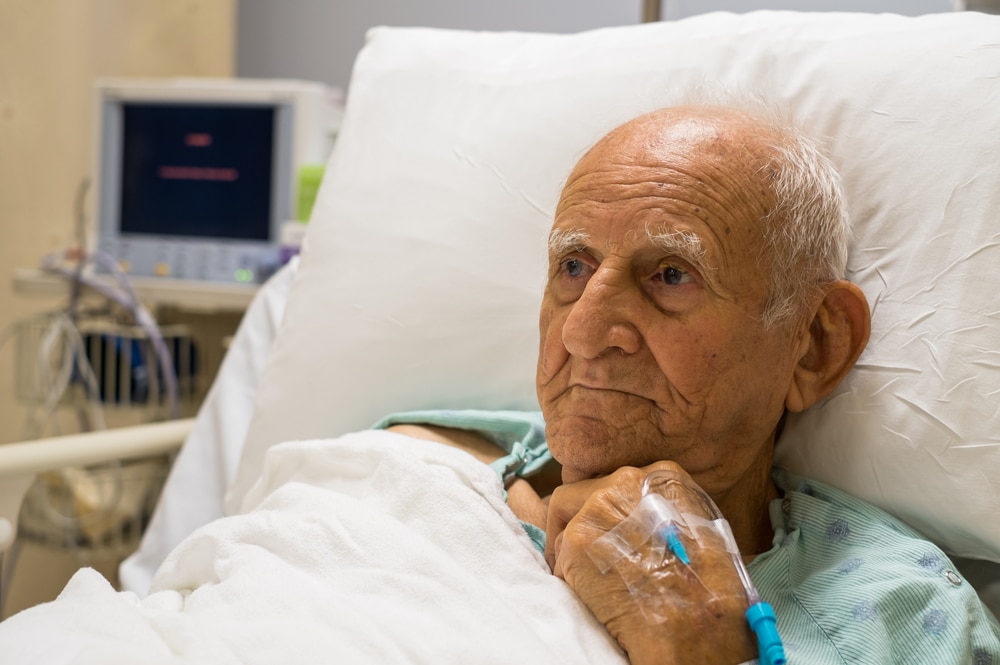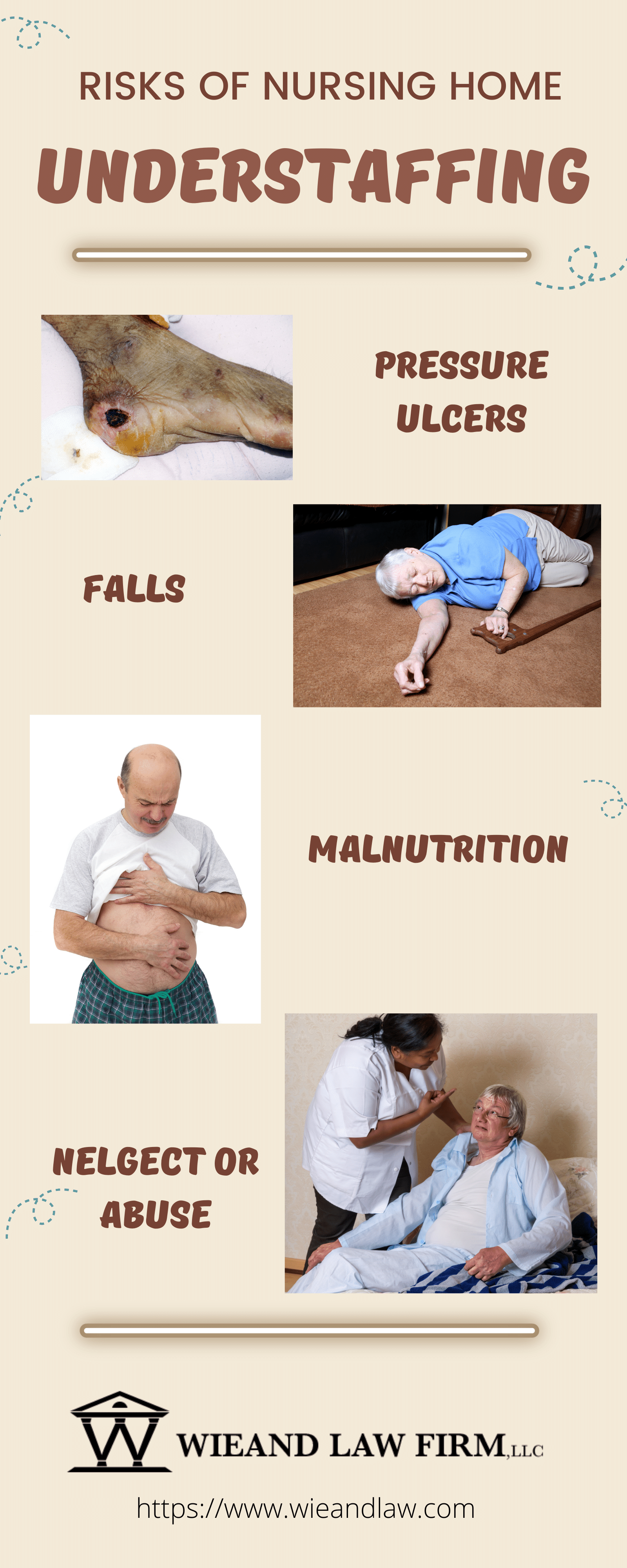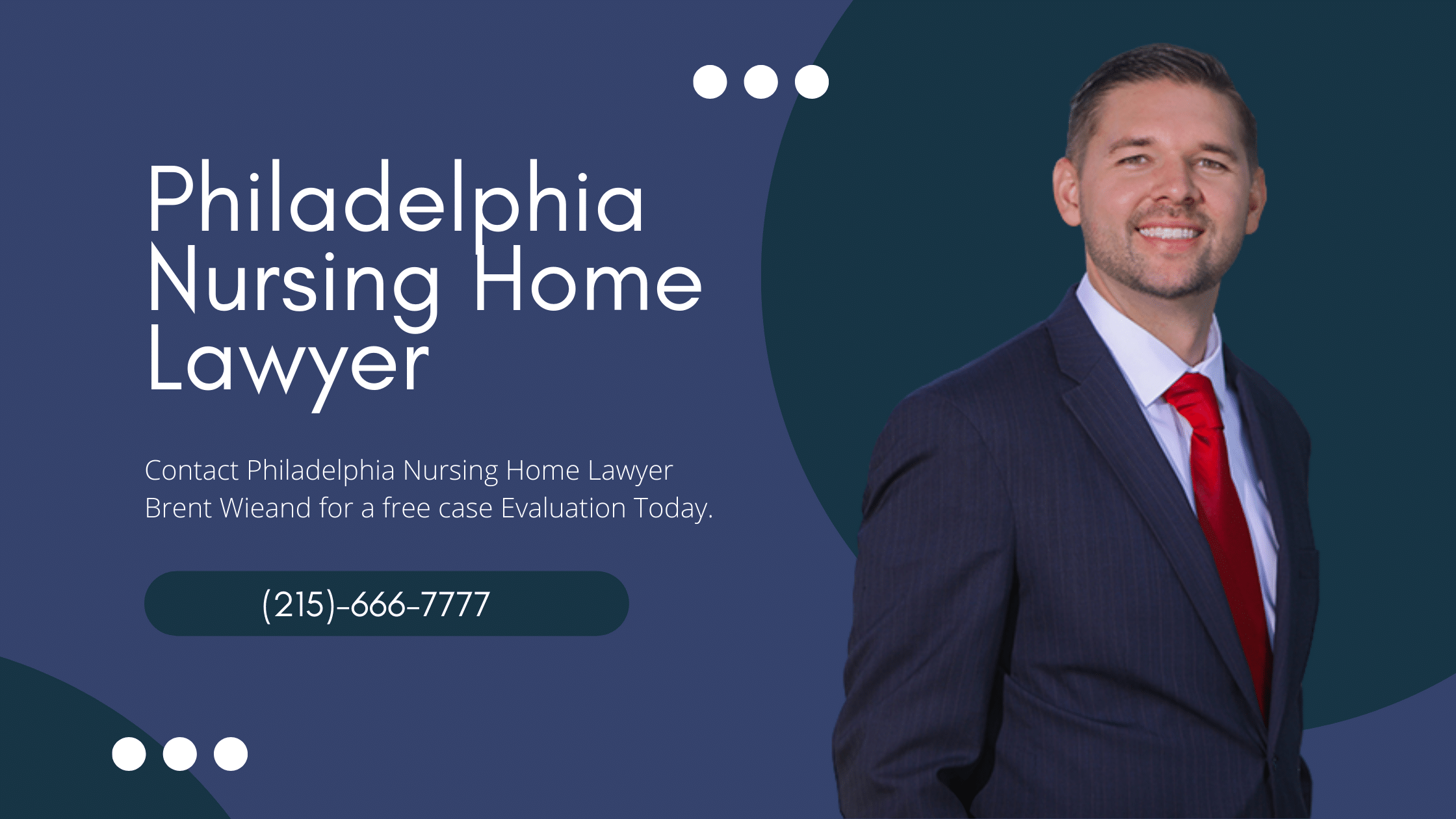 Real-time data supporting nursing home staffing deficits are bolstering nursing home negligence claims, according to a panel discussion held this month at an American Health Law Association conference. The glaring workforce crisis that pervades the nursing home industry is spurring an onslaught of nursing home negligence cases as staffing shortages result in avoidable resident injuries and deaths. A Philadelphia nursing home lawyer, Brent Wieand, has litigated many cases in which staffing shortfalls resulted in resident abuse and neglect.
Real-time data supporting nursing home staffing deficits are bolstering nursing home negligence claims, according to a panel discussion held this month at an American Health Law Association conference. The glaring workforce crisis that pervades the nursing home industry is spurring an onslaught of nursing home negligence cases as staffing shortages result in avoidable resident injuries and deaths. A Philadelphia nursing home lawyer, Brent Wieand, has litigated many cases in which staffing shortfalls resulted in resident abuse and neglect.
Despite higher acuity and tighter regulations, nursing homes continue to staff at employment levels consistent with the mid-1990’s. In fact, according to Caroline J. Berdzik, chair of the Employment and Labor and Healthcare practice Groups at Goldberg Segella, payroll-based data collected by the Centers for Medicare and Medicaid Services shows that 75% of New York’s nursing homes cannot meet its 3.5 hour staffing requirement.
According to a 2022 survey conducted by the American Health Care Association/National Center for Assisted Living (AHCA/NCAL), 87% of nursing home providers are facing moderate to high staffing shortages, with nearly half of providers struggling with severe staffing shortages.
According to a 2021 Special Report from the Center for Medicare Advocacy, many nursing homes direct monies to businesses under common ownership through transactions meant to improve company profits and divert funds away from resident care. In fact, a New York Times article reported that nearly 75% of nursing facilities purchase goods and services, such as rent, therapy services, or management services, from related parties, typically at inflated prices. A Kaiser Health News analysis found that facilities who engage in these practices frequently provide less nurse staffing devoted to resident care and have higher rates of patient injuries and unsafe practices.
This detestable practice of diverting funds away from resident care to increase company profits cannot be tolerated. A Philadelphia nursing home lawyer will advocate for residents who have been harmed by the unscrupulous tactics of nursing home owners and operators to divert funds and understaff facilities.
 Short Staffing Correlates with Care Deficits
Short Staffing Correlates with Care DeficitsShort staffing in nursing homes has been shown to correlate with care deficits. Research studies have consistently demonstrated that lower staffing levels of registered nurses (RNs), licensed practical nurses (LPNs), and nursing assistants (NAs) in nursing homes are associated with negative outcomes for residents, including decreased quality of care, increased hospitalizations, and higher mortality rates.
Nursing home residents require a significant amount of care, including assistance with activities of daily living, medication management, and healthcare monitoring. When there are not enough staff members to provide this care, residents may not receive the attention and assistance they deserve, which can lead to neglect and decline in health.
Nursing home understaffing can have a significant impact on care outcomes for residents. According to a Philadelphia nursing home lawyer, some of the most common care outcomes that are affected by understaffing:
Understaffing in nursing homes can directly cause serious resident injuries and even death. If you believe that nursing home understaffing caused your loved one to suffer one of these injuries, contact a Philadelphia nursing home lawyer at the Wieand Law Firm for legal representation.
If you suspect that your loved one is being neglected in a nursing home, it is important to take action immediately to protect their health and safety. Here are some steps you can take:
Remember, neglect in a nursing home can have serious consequences for your loved one’s health and well-being. It is essential to act quickly to protect them and ensure that they receive the care and attention they deserve.
 Contact a Philadelphia Nursing Home Lawyer at the Wieand Law Firm Today
Contact a Philadelphia Nursing Home Lawyer at the Wieand Law Firm TodayNursing homes must be held accountable when they prioritize profits over people by intentionally understaffing their facilities and causing resident harm. Contact a Philadelphia nursing home lawyer at the Wieand Law Firm for legal representation when nursing home negligence caused a serious injury or death of your loved one. Call 215-666-7777 to speak directly with an attorney for a free case review and consultation.